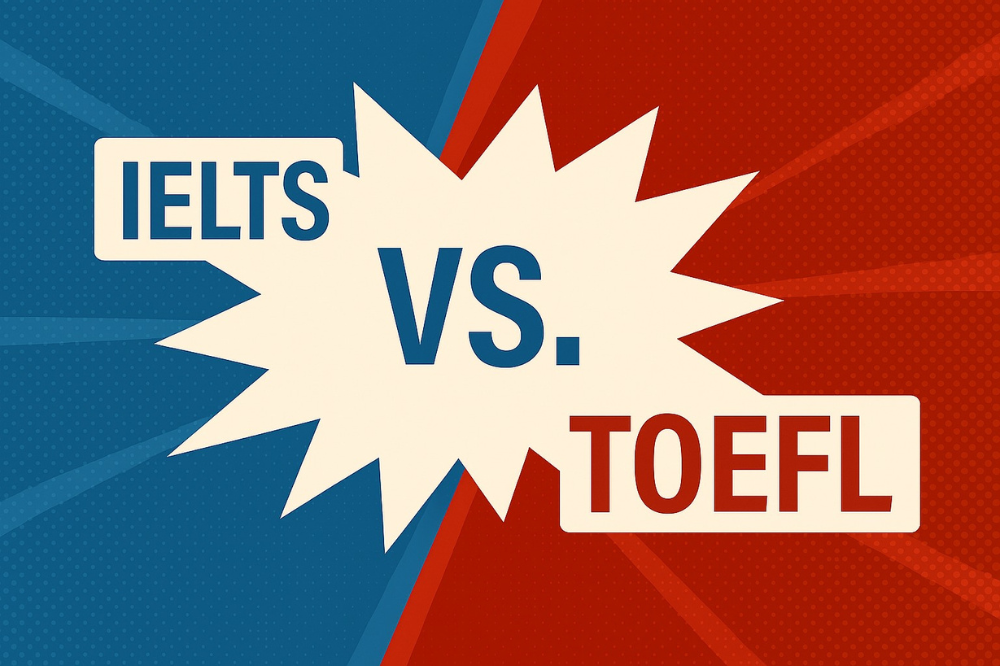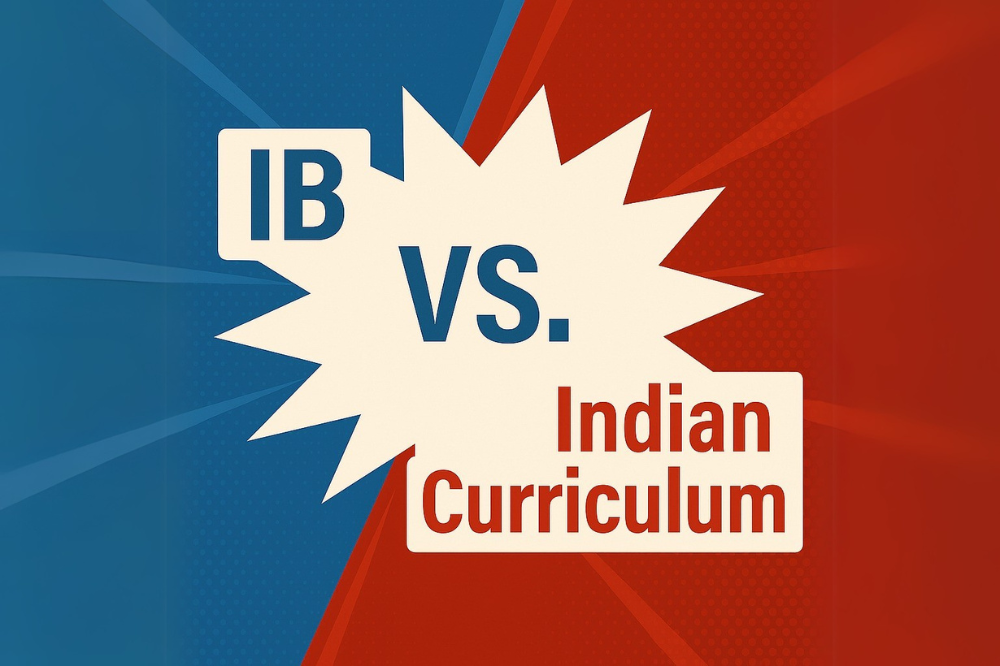As the work landscape fluctuates more rapidly than ever before, career uncertainty is amplified, making the field of career counselling gain vital importance and become a critical service in supporting both students and professionals who are seeking clarity about their academic journey and trying to navigate complex educational and career choices.
According to reports, 80% of students in India benefit from career counselling. Experts attribute this growth to increased competition in the job market and evolving industry demands that require specialised skills and strategic career planning; however, despite this growth, 40% of students globally still lack essential career counselling services.
Career counselling can be defined as a service that helps people who are seeking advancement in their careers. It usually involves one-on-one conversations between a counsellor and a career seeker, and the counsellor also assesses the person’s assessments, activities, and projects to help the seeker maximise their strengths and build a strong profile. Counsellors are now considered to have a significant impact on a student’s future. Becoming a career counsellor does not only mean imparting knowledge or helping individuals pave their career path; it also means helping students develop their skills and assess their interests and strengths.
As a professional course, career counselling helps individuals utilise psychometric assessments, AI-based career mapping tools, and behavioral analysis to provide tailored recommendations. During the tenure of their training programs, they equip candidates to cover various aspects, including career trends, job market analysis, resume building, interview preparation, and psychological counselling techniques. During the course, career counsellors gain unique hands-on practical exposure through different internships, improvisation and simulation exercises of the real-world implications of career counselling.
The unique aspect of being a career counsellor is that they serve as the light of clarity for students and people who want to restart their careers by offering expert guidance tailored according to an individual’s aptitudes and interests. By removing confusion, counsellors can reduce the pressure that is commonly associated with making life-changing decisions, leading to informed choices.
These career counsellors are professionals who provide specialised services to people of various age groups and help them achieve their dreams, irrespective of their education and experience levels, guiding them through various career options that are best suited for them according to their calibre and interest. A person who is passionate about guiding students towards the right career path can become a career counsellor. Professionals from different fields can actually transition into this role, for instance
Teachers and educators are pivotal in shaping the future of their students, which means it is very important that they get guidance at the school level so that they don’t end up being confused about their career paths. This is the reason why educators can become successful career counsellors. Educators already have an established network and clientele base that guide students in the right career direction.
Psychologists, who possess the expertise of dealing with mental health and interacting with a vast range of human behaviours, can also provide a deeper level of career counselling. The added advantage of being a career counsellor with professional psychological work could help a person attract more clients and earn more money. They can diversify their career and expand their services by offering comprehensive career-advising options. Moreover, a candidate who has completed his bachelor’s degree in a human services-related field, like behavioral science or sociology, can pursue a career as a counsellor. The four-year degree they have pursued should focus on different topics like human development, counselling methodologies and other topics like psychological and social studies. These courses can advance the candidate to enrol in a career counselling master’s program.
In order to become a career counsellor, a candidate has to follow certain steps so that they can establish some amount of credibility and expertise. The first step in becoming a career counsellor is obtaining a relevant graduate degree, such as psychology, sociology or behavioral sciences as they provide a strong foundation. However, several employers often employ career counsellors who have completed their master’s degree in counselling or career services. This degree will ensure an enhancement of the knowledge they have gained during their bachelor’s degree, which includes career counselling theories and practices, assessment counselling, research practices and ethics, which are mandatory for a professional counsellor. Further, it is considered paramount that a career counselling candidate also gain practical work experience through internships, which can further nurture their chances of understanding real-world career counselling challenges. These real-world practicums can also help a candidate build valuable skills that are pivotal in their professional counselling career. Moreover, completing these internships can also help them gain additional work experience, which is paramount while entering an entry-level counselling job.
Certifications from various reputed organisations can also bolster credibility. These certifications can help an employer assess the necessary experience and education required to practice as a career counsellor. Some notable certifications that the candidate can obtain include the Certified Career Counsellor (CCC) credential from the National Career Development Association (NCDA). The National Certified Counsellor Certificate (NCC), granted by the National Board for Certified Counsellors (NBCC), and the international career coaching certifications.
Moving forward, becoming a career counsellor is competitive. Salary depends on several different factors, like experience and expertise. Entry-level career counsellors earn between INR 2.5 lakh and INR 4 lakh per annum, working under the supervision of senior counsellors in schools, colleges and firms. Mid-level career counsellors earn between INR 2.5 lakh and INR 4 lakh per annum, typically leading counselling sessions, managing client relationships, and developing career guidance programs. However, senior career counsellors who hold leadership positions and manage teams’ counselling centre operations can earn anywhere between INR 7 lakh and INR 12 lakh per annum or more.
After a candidate has completed their career counselling course, they can pursue various careers, like becoming a school counsellor who works very closely with school students and helps them develop their academic skills or a college admissions counsellor who helps students navigate through different college admission processes, offering them guidance on choosing the right institutions and programs. They can also opt to become an overseas education consultant who specialises in helping students pursue their education in top universities abroad, ensuring they make the right decisions about their future
Career counselling in recent years has become a resource that helps individuals navigate through their professional lives, making them understand the complexities of the job market and develop skills that are important for their success. Whether it is a student who is trying to choose a college major or a professional who is looking to switch careers, the informed expertise of a career counsellor can make all the difference.












